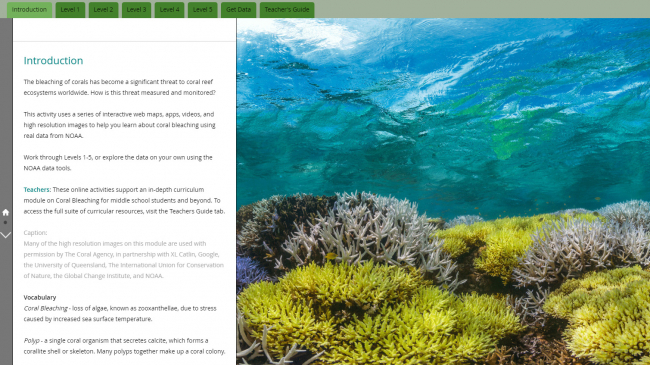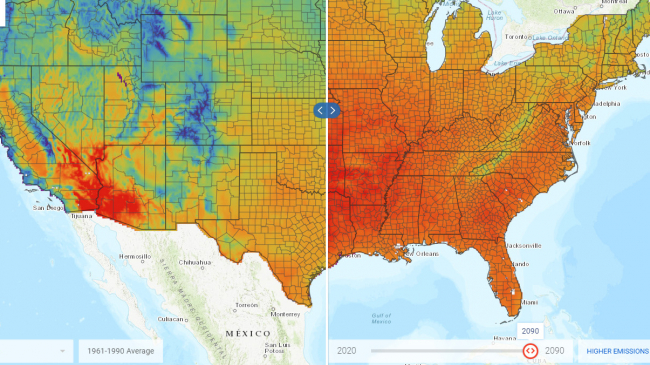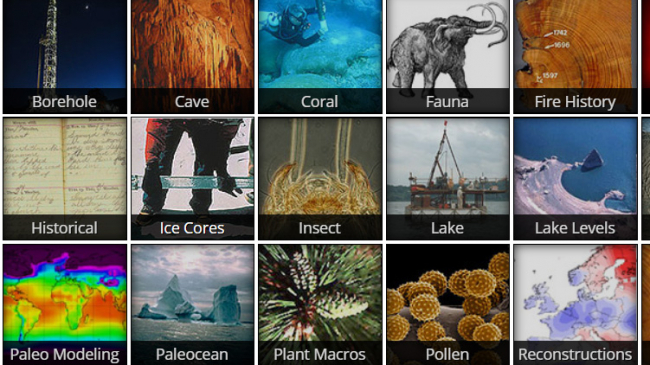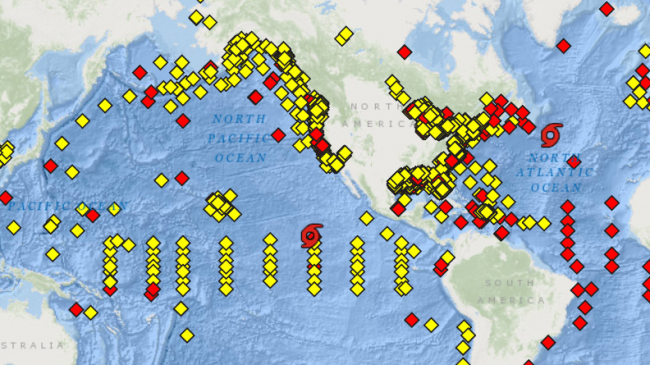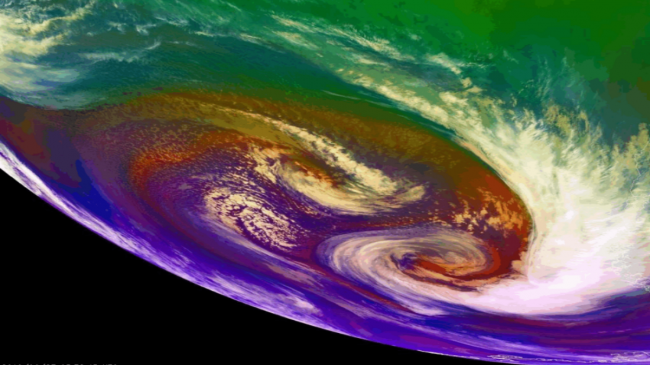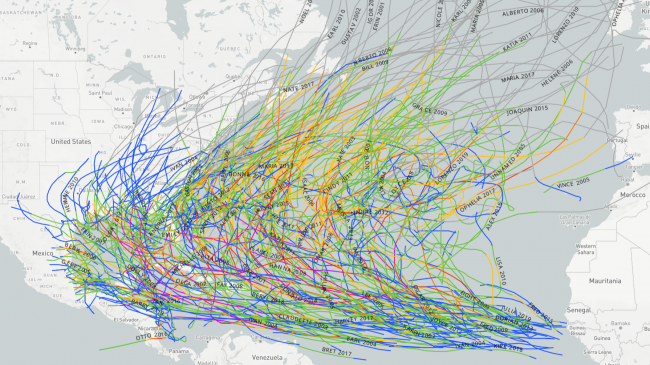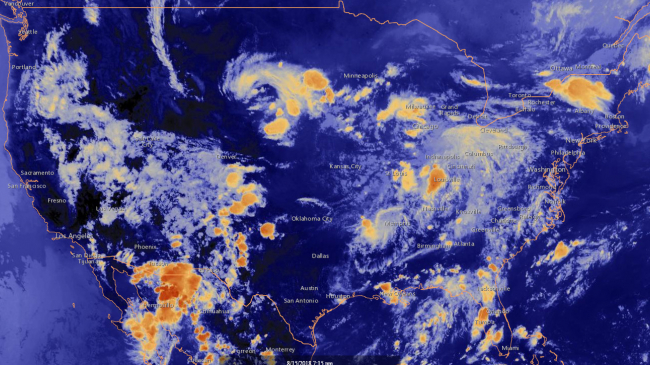Did you know that NOAA collects terabytes of data every day from weather stations, radar, satellites, ships, buoys, and sensors? This information isn’t just collected for our scientists to use; anyone can take on the role of scientist using our publicly available resources. But with dozens of websites and hundreds of variables to choose from, it can be tricky for educators to know how to get their students started with scientific data. This collection highlights ocean and atmosphere data sources that are easy to use and appropriate for classrooms and informal learning environments.
Within each topic area, the resources are separated into categories based on level of content:
- Classroom ready modules are designed with educators in mind. They use NOAA data in lesson plans and curricula for a straightforward experience. In addition to being on each topic page, all of the classroom ready resources are organized into one separate collection.
-
Easily accessible resources are often geared for researchers and come in a variety of formats. They are not associated with lesson plans. However, the ones we highlight here are user-friendly and usually address a single subject.
-
Looking for more? If you haven’t found what you’re looking for here, try exploring these major data repositories. These sites host vast troves of data from across many different subjects and disciplines.


